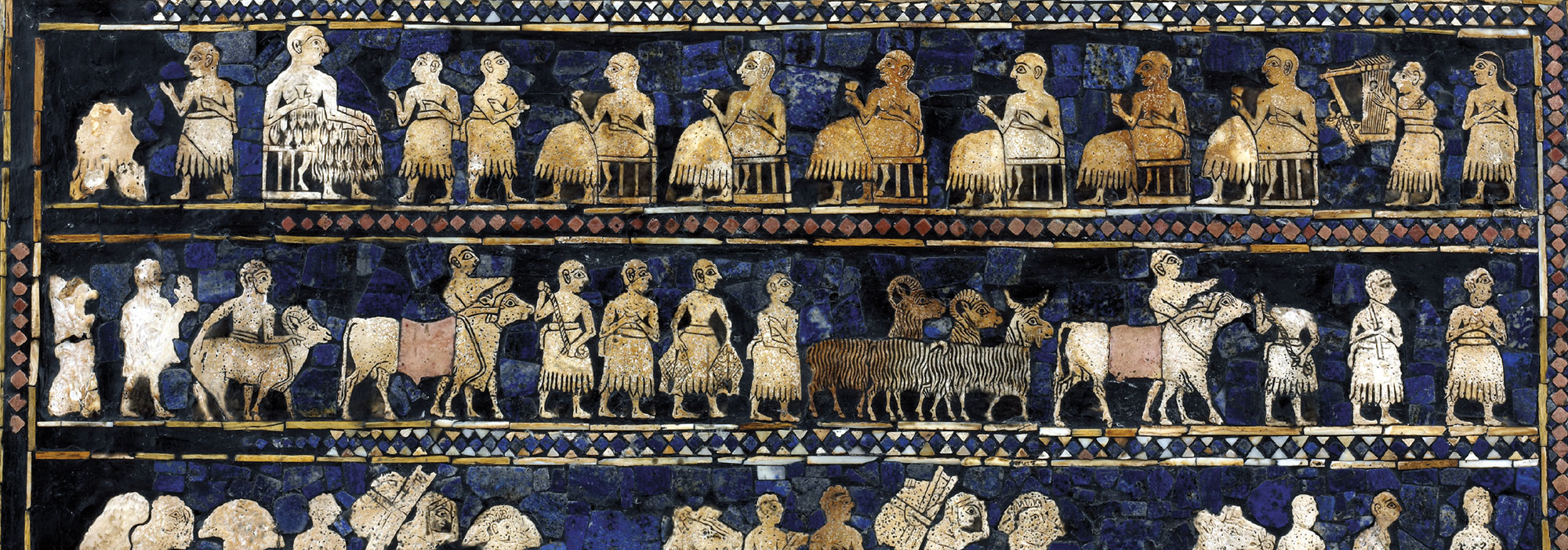COPENHAGEN, DENMARK—According to a statement released by the University of Copenhagen, a team of researchers including Graham Gower and Fernando Racimo has developed a new method to search the modern human genome for genetic material inherited from Neanderthals and Denisovans. The researchers trained a convolutional neural network (CNN), a kind of deep learning framework, to identify patterns in images of known beneficial mutations in modern human genomes. These mutations are thought to have been introduced through mixing with other human species, a process known as adaptive introgression. Some of these mutations may have affected modern human skin development and metabolism, for example. Racimo said that while using the new technique, the team members were able to confirm already discovered mutations, and identify several additional gene variants. These variants may be involved in modern human metabolism, blood cell counts, immunity, tumor suppression, and neurological diseases, the researchers explained. For more, go to "Denisovans at Altitude," one of ARCHAEOLOGY's Top 10 Discoveries of 2019.
Scientists Search for Archaic DNA With Machine Learning
News June 21, 2021
SHARE:
Recommended Articles
Top 10 Discoveries of the Decade January/February 2021
Neanderthal Genome
Vindija Cave, Croatia, 2010
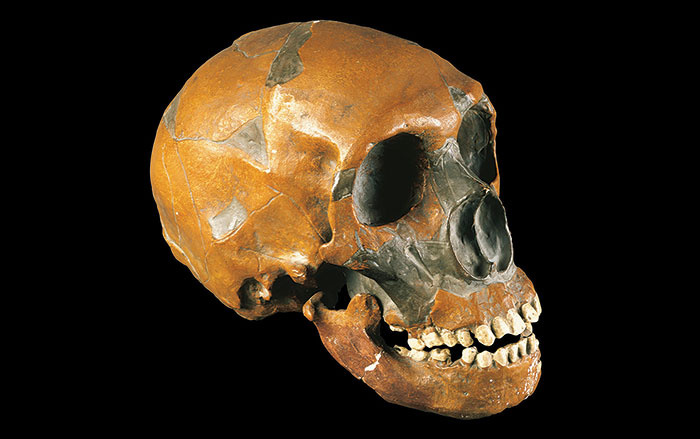
(DEA/G. Cigolini/GettyImages)
Digs & Discoveries November/December 2020
Painful Past
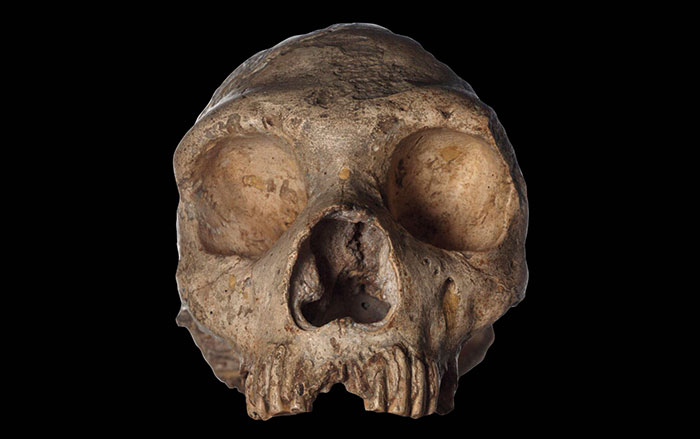
(The Natural History Museum/Alamy Stock Photo)
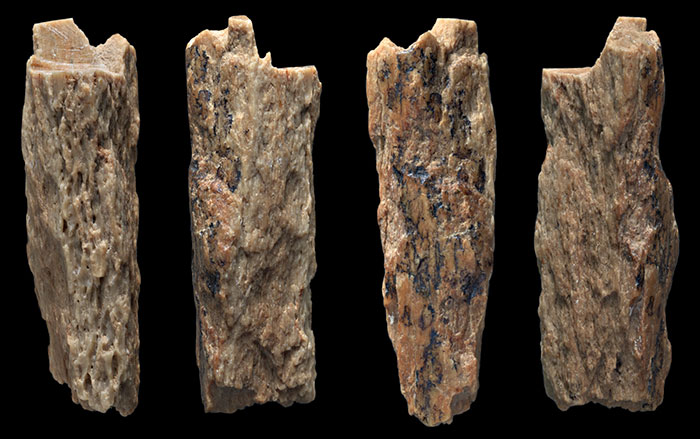
(Thomas Higham/University of Oxford)
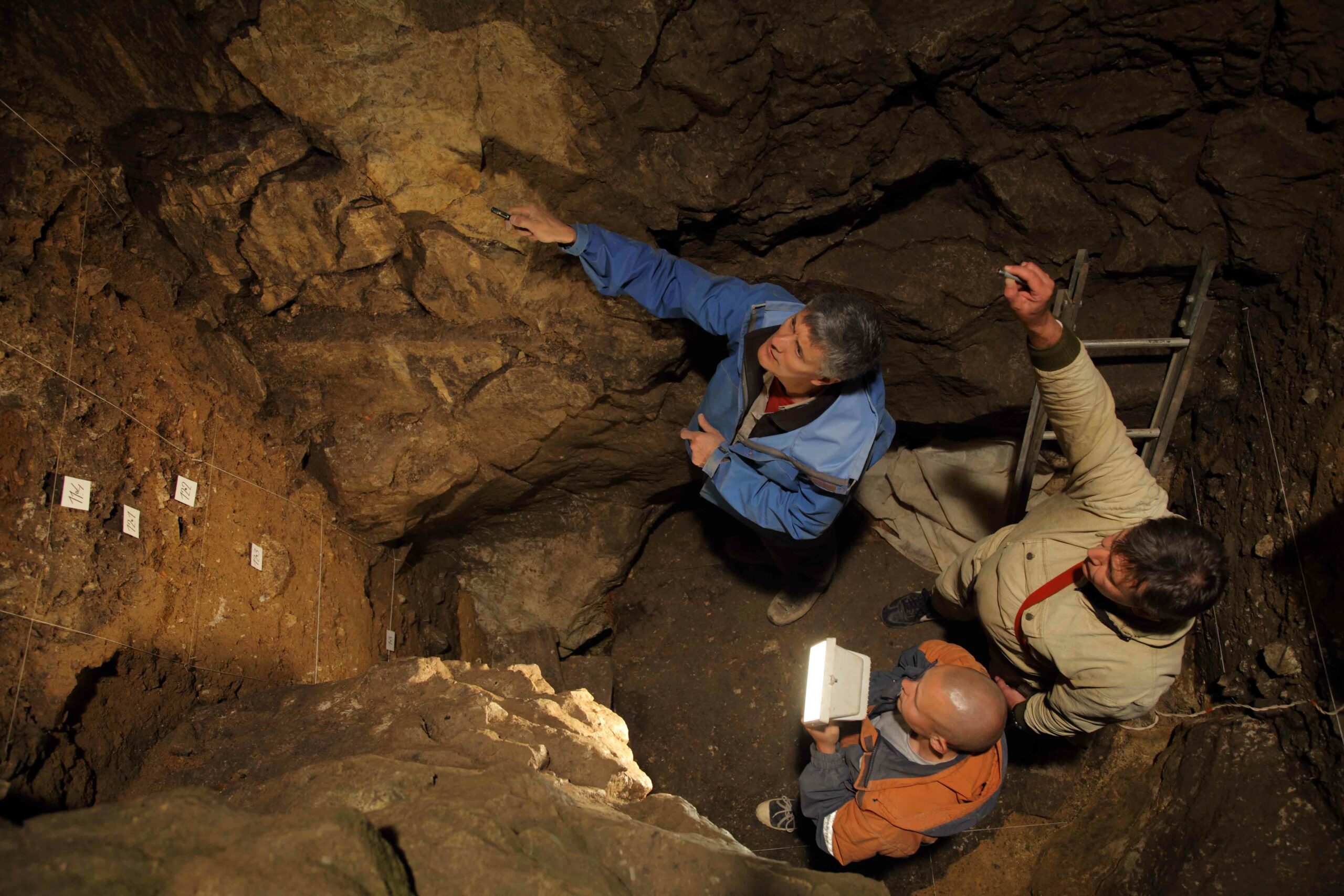
(IAET SB RAS / Sergei Zelensky)
-
Features May/June 2021
Last Stand of the Hunter-Gatherers?
The 11,000-year-old stone circles of Göbekli Tepe in modern Turkey may have been monuments to a vanishing way of life
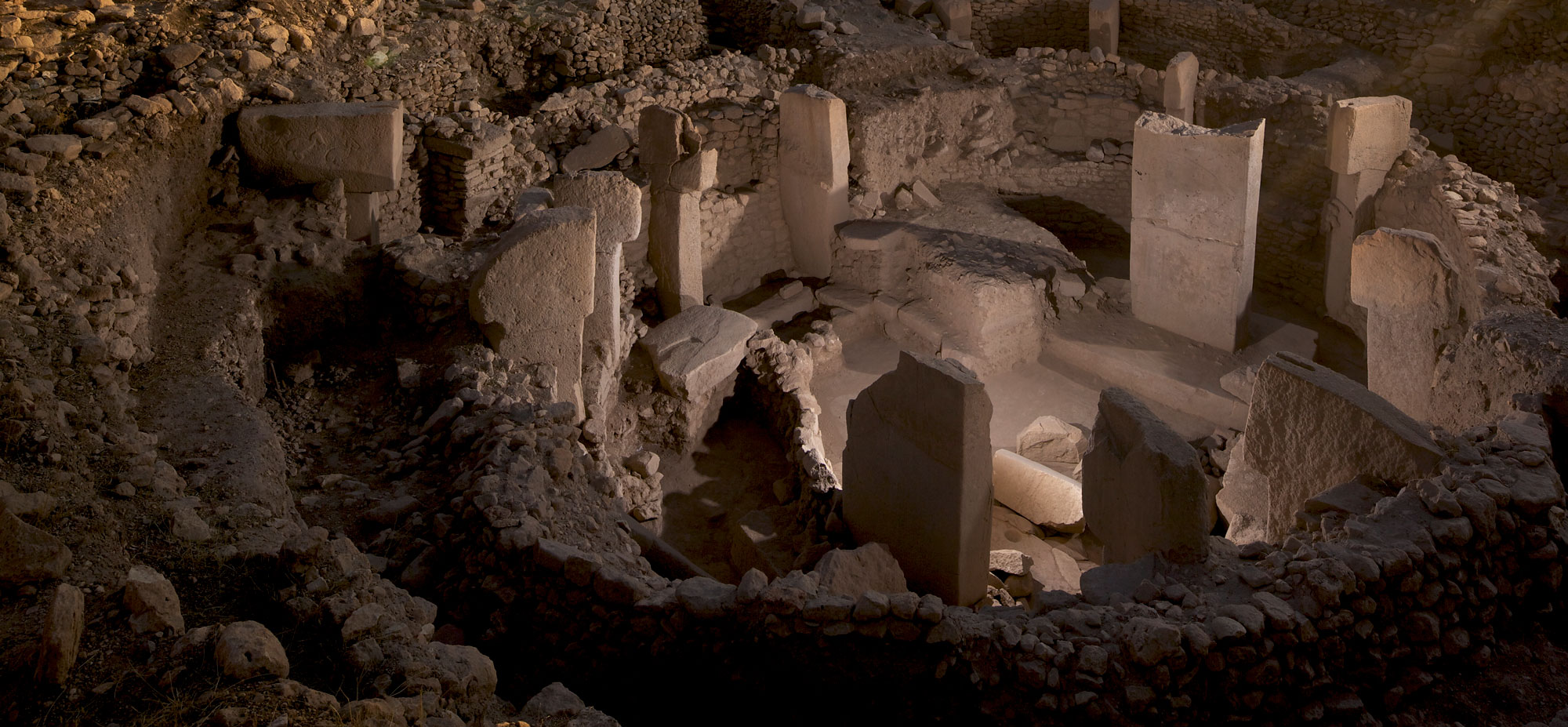 (Vincent J. Musi)
(Vincent J. Musi) -
Letter from Australia May/June 2021
Where the World Was Born
Newly discovered rock art panels depict how ancient Aboriginal ancestors envisioned climate change and creation
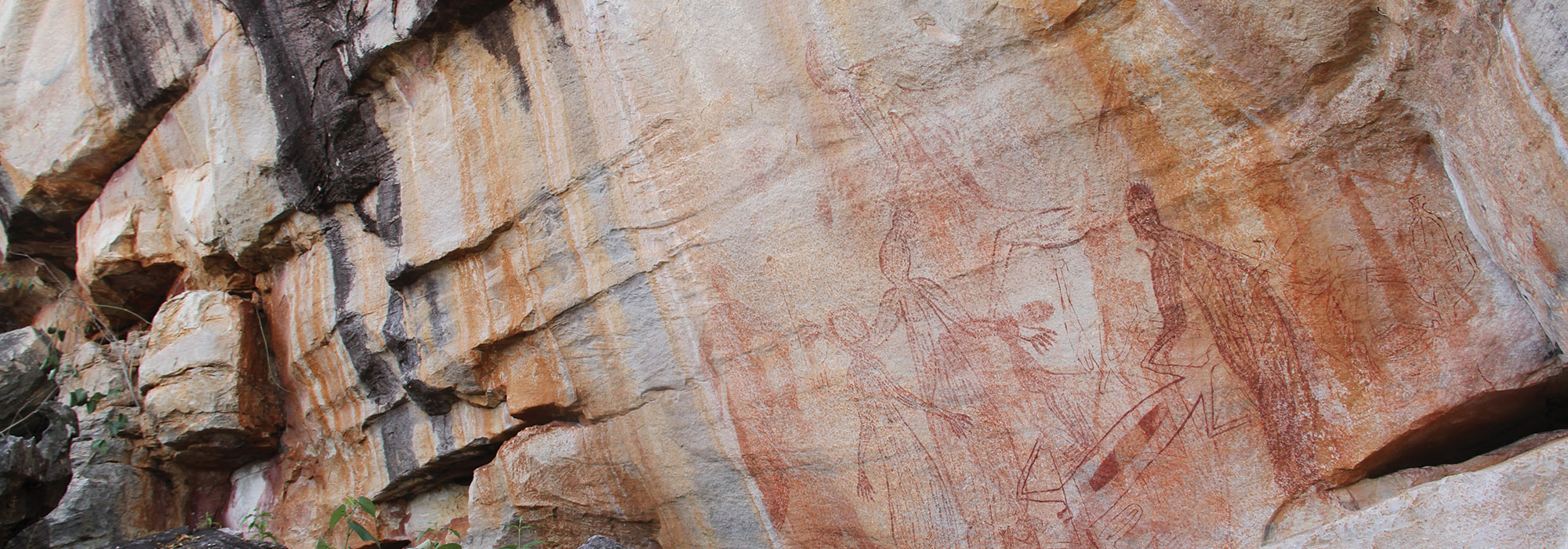 (Courtesy Paul Tacon)
(Courtesy Paul Tacon) -
Artifacts May/June 2021
Magdalenian Wind Instrument
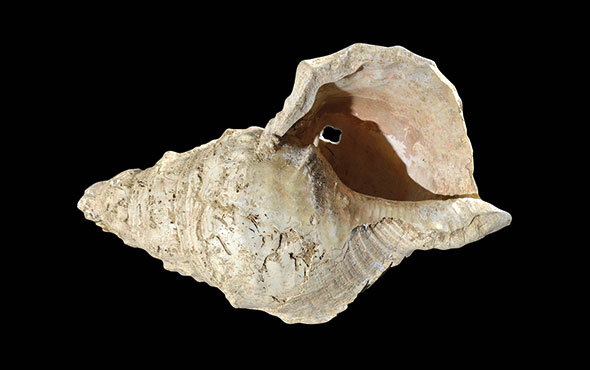 (Courtesy Carole Fritz et al. 2021/CNRS – the French National Centre for Scientific Research)
(Courtesy Carole Fritz et al. 2021/CNRS – the French National Centre for Scientific Research) -
Digs & Discoveries May/June 2021
You Are How You Cook
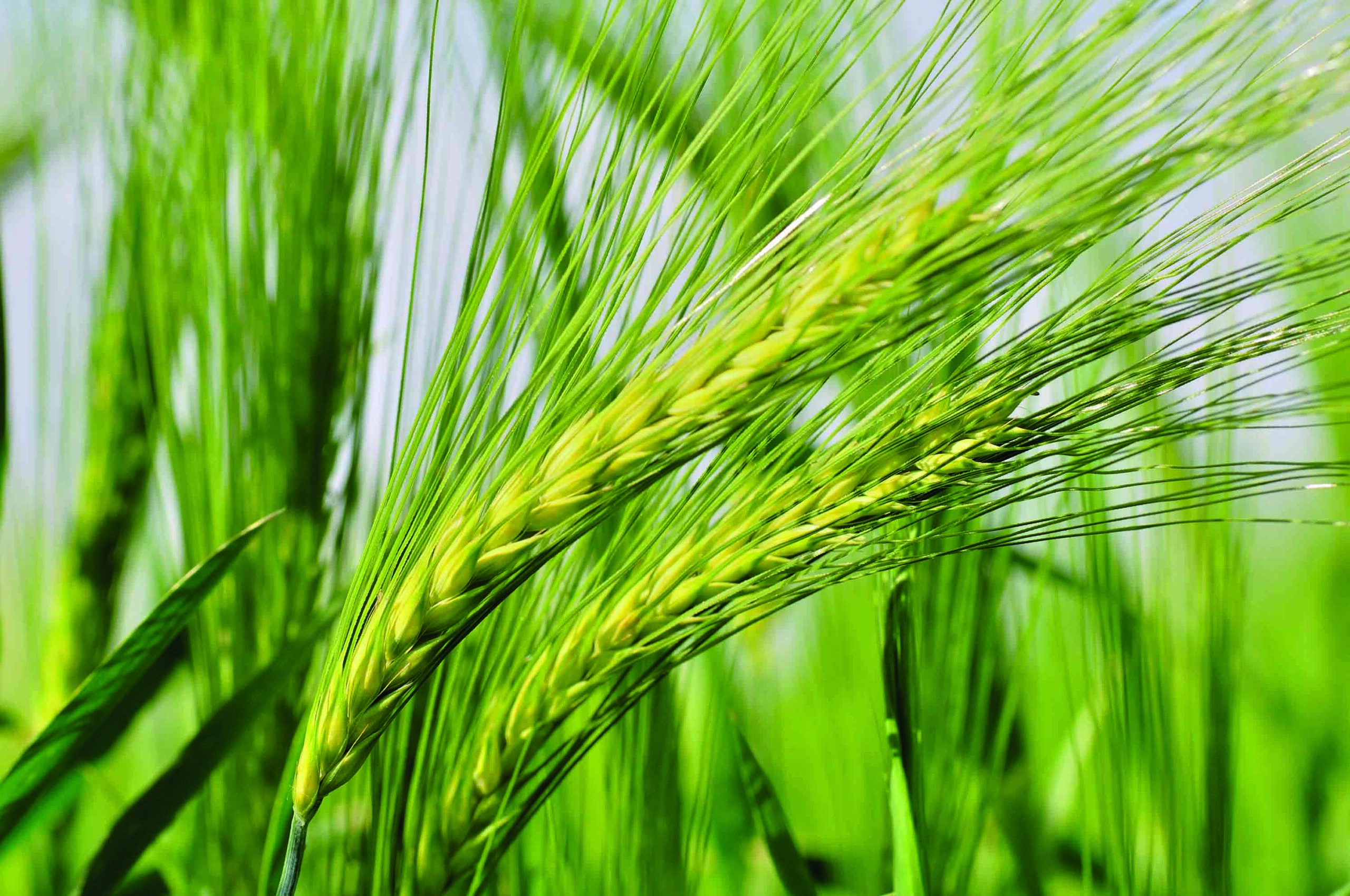 (loraks/iStock)
(loraks/iStock)


